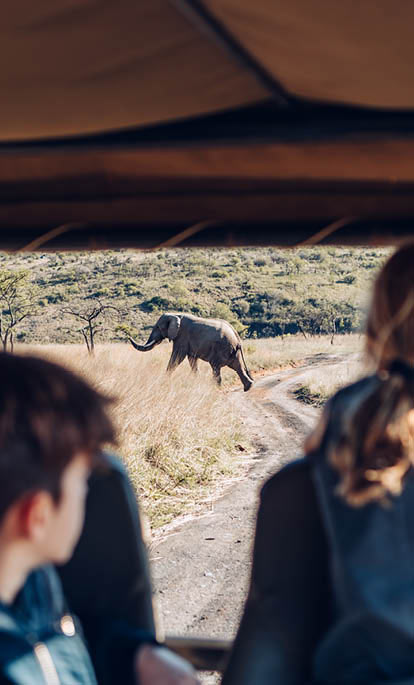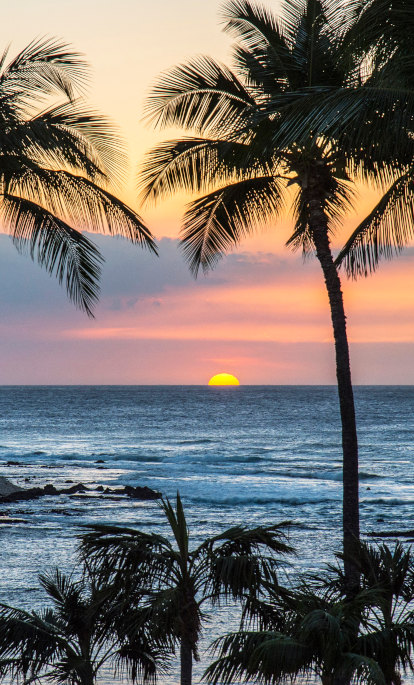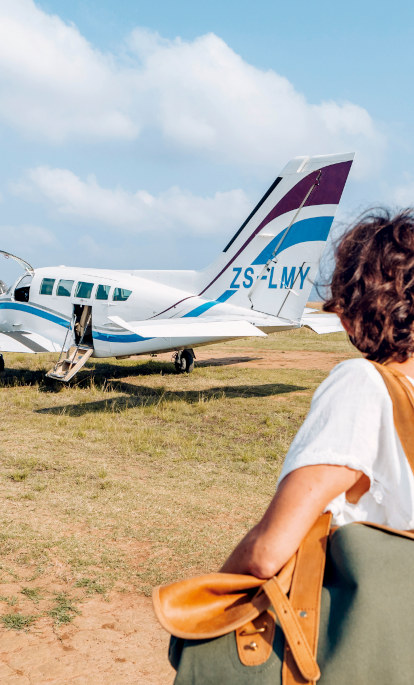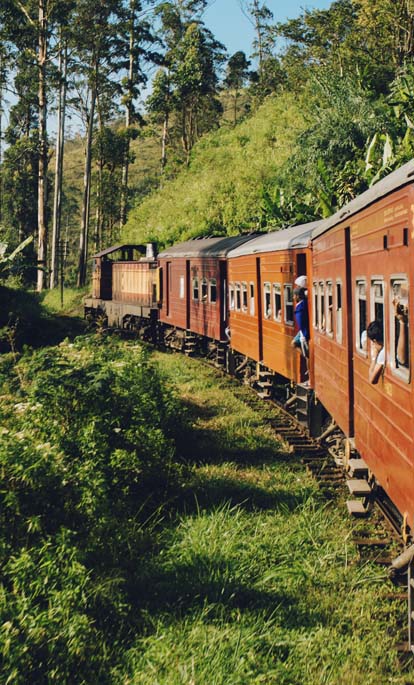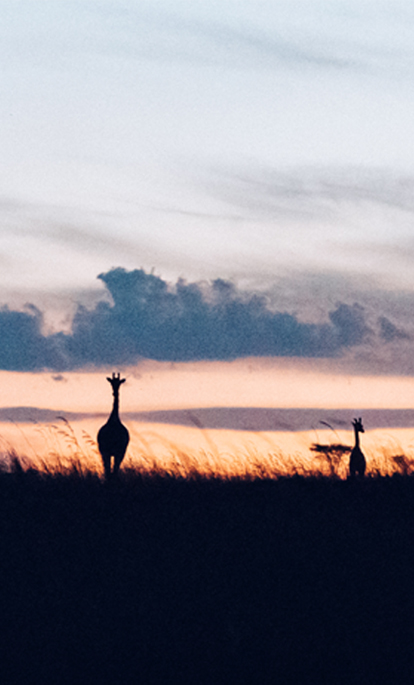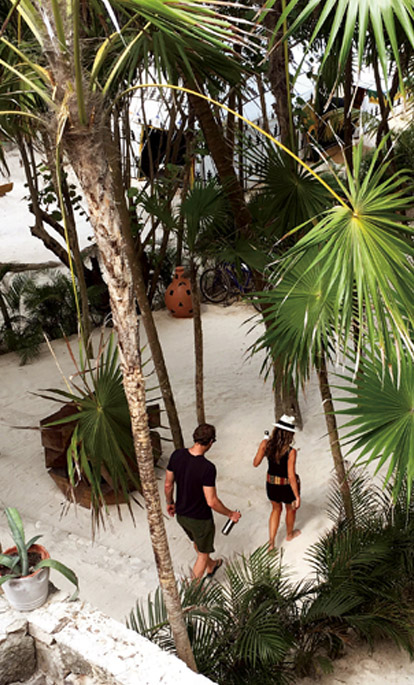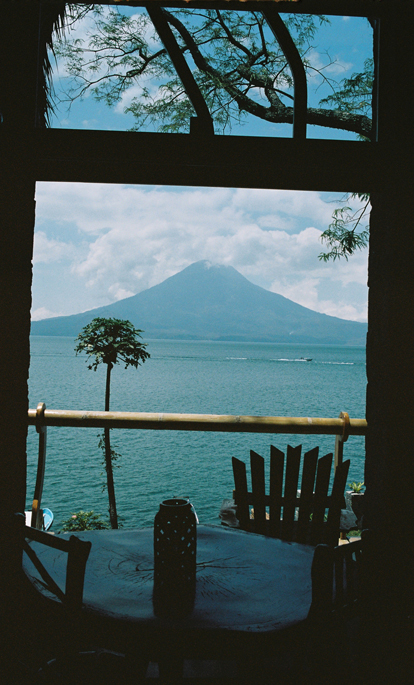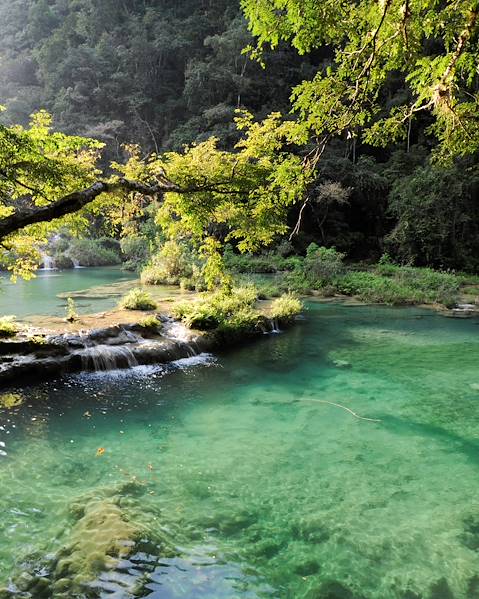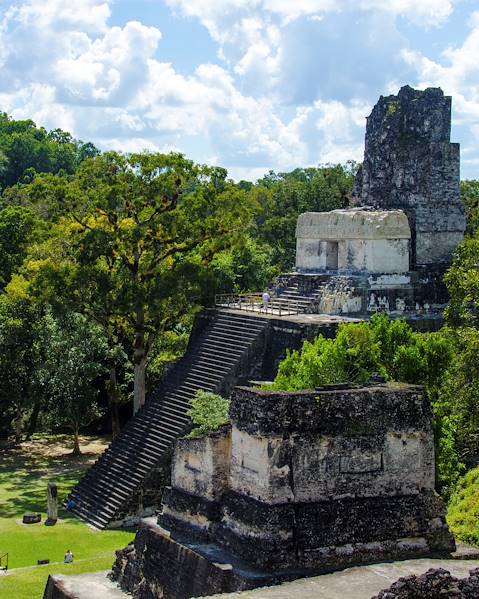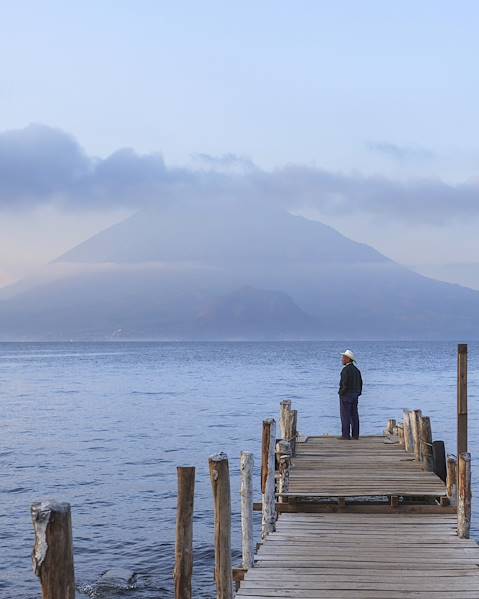Population
17.11 million (2021).
Languages Spoken
The official language of Guatemala is Spanish, which is spoken by 93% of the population. There are also 22 Mayan languages and other languages including Garífuna and Xinca.
People
Guatemala is divided into two main ethnic groups, Ladinos and Maya, who make up the vast majority of Indians in Guatemala and form several cultures. The Spanish-speaking Xinca account for a smaller amount of the population and are found predominately in the south of Guatemala. The Garífuna (people of mixed African and Caribbean descent, formerly called Black Caribs) often reside in the north-eastern port towns of Livingston and Puerto Barrios. The ancestors of both immigrated to the Central American coast from Caribbean islands in the 18th century.
Religion
Although Roman Catholicism is the dominant religion of Guatemalans, especially among the Maya, it is often heavily influenced and intertwined with beliefs of pre-Columbian origin. There has been a big increase and conversion to Evangelical Protestantism, as it encourages a sense of self improvement. Protestants make up about two-fifths of the population, which is one of the highest in Latin America.
National Holiday
Guatemala Independence Day is celebrated on the 15th of September (also known as Guatemala's National Day)
Holiday calendar
January 1: New Year’s Day
In late March to early April:Easter (from Good Friday to Easter Monday).
May 1: Labour Day
June 30: Army Day
August 15: the Assumption (regional observation only (Guatemala City).
September 15: Independence Day
October 20: Revolution Day
November 1: All Saint’s Day
December 24: Christmas Eve
December 25: Christmas Day
December 31: New Year’s Eve
Politics
Guatemala is a constitutional democratic republic, where the President of Guatemala is both head of state, head of government and of a multi-party system. The executive power is exercised by the government, but the legislative power is given to both the government and the Congress of the Republic.
Story
The Central American country of Guatemala is bordered by Mexico to the north and west, with Belize and the Caribbean to the northeast, Honduras to the east, El Salvador to the southeast and the expansive Pacific Ocean to the south. It is a representative democracy with its capital and largest city being Nueva Guatemala de la Asunción, also known as Guatemala City. It is also the most populous city in Central America.
Guatemala has most notably hosted the core of the Maya civilisation, as it extended Mesoamerica. It wasn’t until the 16th century that most of this area was conquered and claimed by the Spanish, falling under the viceroyalty of New Spain. Before gaining independence from Spain and Mexico in 1821 and becoming part of the Federal Republic of Central America in 1823, until that was dissolved in 1841.
The mid to late 19th century saw Guatemala suffer from continued instability and civil strife. Starting in the early 20th century when it was a place ruled by a series of dictators backed by the United Fruit Company and the United States government. It wasn’t until 1944 when the authoritarian leader Jorge Ubico was overthrown by a pro-democratic military coup. This began a decade-long revolution, that led to sweeping social and economic reforms. Before A U.S.-backed military coup in 1954 ended the revolution and installed a dictatorship.
From the sixties all the way through to 1996, Guatemala endured a bloody civil war that was fought between the U.S.-backed government and leftist rebels, including genocidal massacres of the Maya population perpetrated by the military. However, a peace accord was negotiated by the United Nations, which has resulted in a continued push to have more economic growth and successful democratic elections. Although poverty, crime, drug trafficking, and civil instability remain major issues for the country.
Although Guatemala remains rich in exporting goods, around a quarter of the population still face food insecurity, something that has been worsened by the ongoing food crisis resulting from the Russian invasion of Ukraine.
Etiquette
Guatemala is a very class-conscious society. Modest attire and cleanliness are often expected and while urban and rural settings have varying degrees of formality, politeness and good manners are appreciated by Guatemalans from all walks of life. It will likely get you far too, as will warm welcomes and greetings that extend beyond the casualness of simply saying “hola”. It’s also important to be mindful when snapping your holiday pictures that this can intrude on the Maya people's spiritual beliefs, making it a good idea to always ask permission beforehand.
Food
Guatemalan cuisine has been heavily influenced by Maya and Spanish delicacies, with lots of corn, chilies and beans used as key ingredients. Guatemala is famously home to the Hass avocado and while it doesn’t have a national dish as such, it is a nation that loves pepián, a spicy stew and one of the oldest dishes in Guatemala that’s often made with chicken, but beef or pork make for equally tasty substitutes. The dishes fuse fruit and vegetables (often pears, squash, potatoes, carrots and corn) into a richly spiced mixture, that’s traditionally served with rice and fresh tortillas. There’s Pupusas, a thick corn tortilla stuffed with everything from refried beans to pork, before being fried to create a crispy surface and squishy interior – perfect for those on the go. The other contender for national dish: Kak’ik, a turkey soup that’s equally spicy and uses the same recipe and preparation as it did hundreds of years ago. Empanadas are another go too, these crispy, buttery pastries are found throughout Central America, but Guatemalan’s prefer a veggie-based filling, loading them up with potatoes, spinach and often covering them in onions, tomatoes and guacamole. When it comes to food you’ll be spoilt for choice, with something for every palate and spice tolerance.
Drink
When it comes to beverages in Guatemala, you’re equally spoilt for choice, but the tap water is not safe to drink, and travellers should opt for bottled water only. Bottled water (agua pura) is widely available in grocery stores, restaurants, and hotels. The beer of choice is the rooster-headed brand Gallo, which you’re likely to spot throughout the country. Guatemala is also home to some of the best rum in the world, like the award-winning Zacapa Centenario. Hard liquors and spirits should be approached with caution though, as the strengths can often be quite high. Of course, it’s not all about alcohol-based drinks, with licuados (essentially smoothies) proving equally common throughout Latin America. They come in many forms; milk, yogurt or water blended with your favourite fruits, making for a highly refreshing thirst quencher. Then of course, there’s coffee. The mountain basin that surrounds Antigua produces some of the best highland coffee in the world, and even the simplest cup of local brew (with its smoky and spicey undertones) will leave drinkers delighted.
